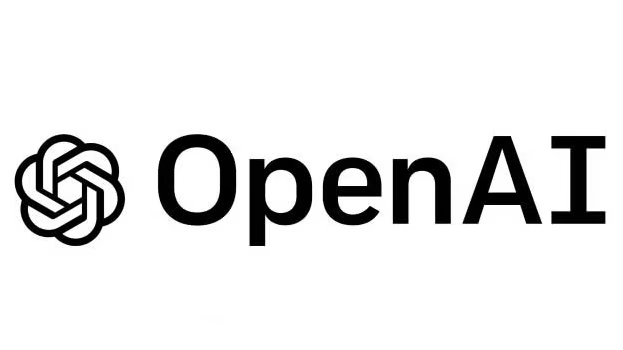In a significant development reported by the Financial Times and echoed by tech news outlets like GeekWire, OpenAI, the pioneering artificial intelligence research lab, and its primary backer, Microsoft, are reportedly engaged in complex negotiations to redefine the terms of their multi-billion dollar partnership. This strategic realignment is rumored to pave the way for OpenAI to potentially transition from its unique capped-profit structure to a more conventional for-profit corporation, a move that could eventually lead to an Initial Public Offering (IPO).
The existing partnership, cemented by Microsoft’s substantial investment totaling around $13 billion, has been instrumental in OpenAI’s rapid ascent and the widespread deployment of its generative AI models, most notably ChatGPT and the underlying GPT series. Microsoft integrated OpenAI’s technology deeply into its own product ecosystem, including its Azure cloud platform, Bing search engine (now Copilot), and Microsoft 365 suite, gaining a significant competitive edge in the burgeoning AI landscape. However, OpenAI’s original non-profit mission and its subsequent capped-profit structure, designed to ensure AI development benefits humanity broadly while allowing investors a limited return, have always presented a unique corporate governance challenge.
Sources suggest the renegotiation aims to address the inherent complexities and potential limitations of this structure as OpenAI scales its operations and commercial ambitions. Transitioning to a fully for-profit entity would grant OpenAI greater flexibility in raising capital, attracting talent with conventional equity incentives, and pursuing long-term commercial strategies without the constraints of the capped-profit model. This move could unlock substantial value for early investors and employees, and an IPO would provide massive capital infusion for the incredibly resource-intensive process of training next-generation AI models.
Such a restructuring, however, is fraught with potential challenges. It could raise questions about OpenAI’s commitment to its original mission of ensuring artificial general intelligence (AGI) benefits all of humanity. Critics might argue that prioritizing shareholder returns could compromise ethical considerations and safety protocols in the race for AI dominance. Furthermore, the intricate relationship with Microsoft would need careful navigation. Microsoft’s deep integration and reliance on OpenAI technology mean any significant change in governance or ownership structure could have profound implications for the Redmond-based tech giant. The specifics of how intellectual property rights, technology access, and future collaborations would be defined under a new agreement remain unclear but are central to the ongoing discussions.
The potential IPO of what is arguably the world’s leading AI company would undoubtedly be a landmark event in the financial markets, attracting intense investor interest. It would signify the maturation of the generative AI sector from a research-focused field to a major commercial industry. The success of OpenAI’s models has already spurred massive investments across the tech industry, and a public offering could further accelerate this trend. The timeline for any such changes remains speculative, contingent on the successful outcome of these high-stakes negotiations between OpenAI’s leadership and Microsoft. The outcome will shape not only the future trajectory of OpenAI but also influence the broader competitive dynamics within the rapidly evolving field of artificial intelligence.
Source: GeekWire / Financial Times

